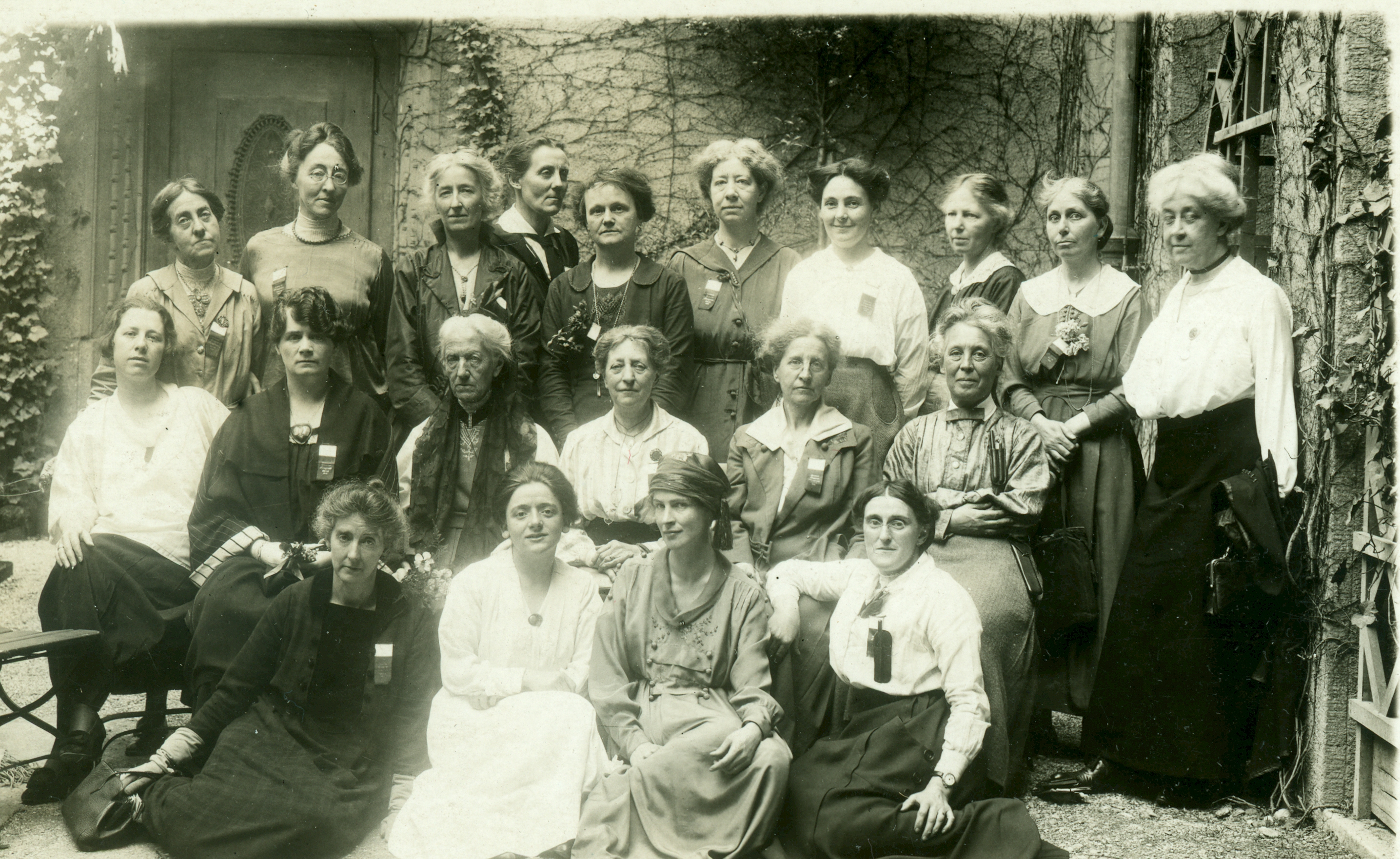Opportunity Now surveyed 25,000 women and men with a focus on women aged 28-40 to examine barriers to women’s career development. Here, Rachael Saunders, Head of Communications for Opportunity Now, shares the good and bad news from the survey, including the gap between organisational policies and actual experiences, stigma attached to flexible working and the importance of male senior leaders ‘getting it’.
25,000 women and men responded to Project 28-40, a survey from Opportunity Now. Opportunity Now is the gender equality campaign from Business in the Community. Project 28-40 was aimed at understanding how to tackle the barriers to women’s’ progression at work, examining the causes of lower promotion and higher attrition of working women during the middle phase of their working lives.

Whilst women and men of all ages responded, the focus of the research was women from 28-40, a crucial stage in women’s career development. The survey was intended to give women the opportunity to describe their ambition, opportunities and experiences.
We developed some powerful recommendations – the women who responded told us that they didn’t need special treatment, more leadership programmes or training interventions – they wanted excellent basics at work, through appraisals, good line management, and they wanted their employers to tackle bullying and harassment at work.
This report is a reality check for UK employers – there is a gap between organisational policies and the actual experiences of 28-40 women at work, including real challenges on bullying and harassment.
There is plenty of good news – women are ambitious and confident, and are actively seeking opportunities to advance their careers. Companies are also trying hard – but their efforts are often off-target.
Flexible working is essential to women in balancing their commitments, yet the stigma attached can be an obstacle to progression. If companies get this right, employee engagement and productivity can be enhanced – for everyone.
Many mothers feel their employer is not doing enough to back them up in balancing their responsibilities at work and home – they want to work hard, but to be measured for outputs, not hours worked. Before they have children, women are nervous about the impact of parenthood on their career.
The lives of senior executives appear unappealing – despite women’s ambition, their perception of lifestyle at the top is putting them off. We need senior women and men to speak about what they enjoy about their jobs, and how they make it work.
A perceptions gap between men and women is creating an obstacle to solving the gender imbalance. Women see unfairness in pay and in access to career progression opportunities and feel that their organisational culture is male-dominated. Men do not recognise these barriers. When men, who hold the majority of senior leadership positions, can start to see the challenges women face, we will make progress.
Whilst the emphasis is on employers to change, women can contribute to creating their own opportunities by speaking up and strategically planning their careers.
Project 28-40 is about making work better for everyone – our survey found that many workplace priorities are shared by women and men. This is a chance to radically reassess and to create modern working practices and more highly engaged employees.
For more information of the 28-40 project, please see http://opportunitynow.bitc.org.uk/research/Project28-40Theresults.
Rachael Saunders is Head of Communications at Opportunity Now.




